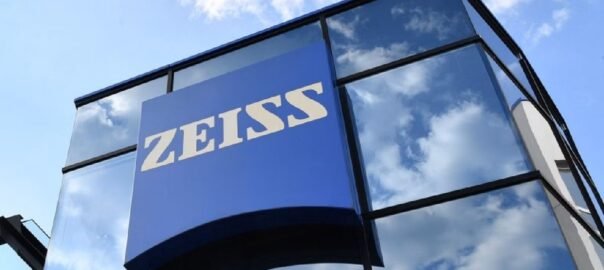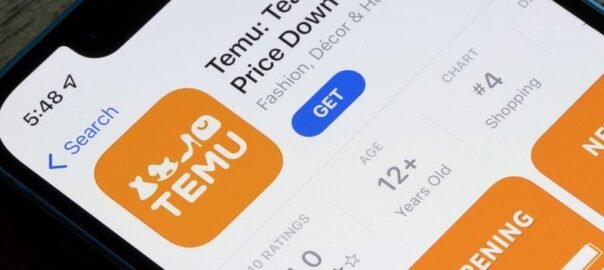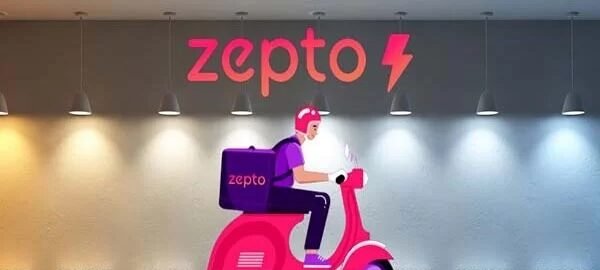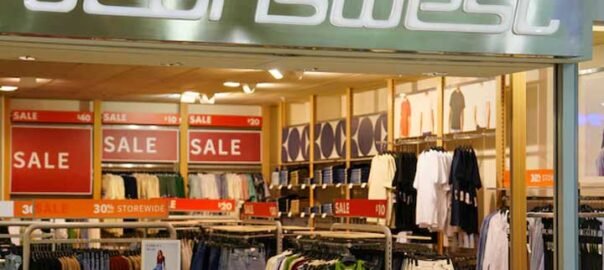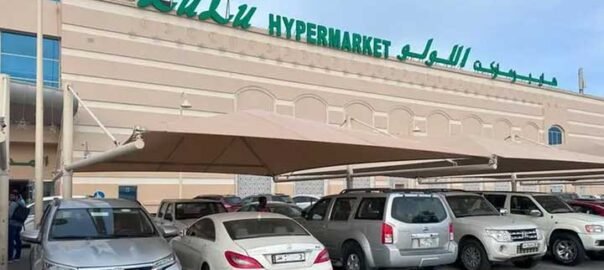Despite the near-term macroeconomic headwinds, the long-term prospects of this market remain strong. India’s e-retail market is expected to scale to $170–$190 billion by 2030, growing at over 18 percent annually, the report said.
Even as India’s e-retail market scaled to $60 billion in 2024, its growth rate slowed to 10-12 percent during the year compared to over 20 percent seen historically due to macroeconomic and consumption stress, according to a report by Flipkart and Bain and Company.
Consumption growth in the country has declined from around 11 percent pre-Covid (2017–19) to approximately eight percent post-Covid (2022–24) as a result of inflationary pressure and stagnating real wages, the report showed.
To be sure, the ongoing slowdown in consumption, which is especially pronounced in urban markets, has led to several consumer-facing businesses reporting muted growth over the past few quarters.
From legacy fast moving consumer goods (FMCG) firms to new-age sectors like food delivery, the impact of reduced consumers spending has taken a toll on the growth momentum of companies across the board.
Despite the near-term macroeconomic headwinds, India – with almost 280 million online shoppers last year – pipped the US to become the second-largest e-retail market behind China last year. As of 2024, China had 920 million e-retail shoppers while the US had 270 million.
Moreover, the long-term prospects of this market remain strong. India’s e-retail market is expected to scale to $170–$190 billion by 2030, growing at over 18 percent annually, the report added.
While the e-retail market in India is largely dominated by players like Amazon and Flipkart, newer entrants like Meesho, with its tier 2 and beyond focus, have led to growth in the market. Meanwhile, emerging quick commerce challengers like Blinkit, Zepto and Swiggy Instamart have also helped in increasing the overall e-commerce pie.
Growth drivers
Product categories with a high purchase frequency, such as grocery, lifestyle, and general merchandise, are expected to constitute around two-thirds of the e-retail market by 2030, contributing roughly 70 percent of incremental growth.
These categories currently account for 55 percent of e-retail gross merchandise value (GMV), the report showed.
Additionally, further expansion into India’s tier 2 and tier 3 cities is also expected to unlock new growth opportunities. As per the report, e-retail penetration has already expanded from tier 2 cities to tier 3 and smaller cities, with almost 60 percent of new customers since 2020 hailing from tier-3 and smaller cities.
In fact, over 60 percent of new sellers onboarded on e-retail platforms since 2021 were from tier 2 and smaller cities.
The growth potential of these markets is, perhaps, best exemplified by the rapid rise of IPO-bound Meesho, which, through its tier 2+ focus, recently surpassed Amazon in terms of monthly active users (MTUs).
“E-retail spending of shoppers in Tier-2 and smaller cities is broadly at par with that of Metro/Tier-1 cities, with similar or only slightly lower average selling prices across categories,” the Flipkart-Bain report stated.
This growth is driven by faster delivery options, cash-on-delivery availability, and e-retail ads serving as indicators of quality.
Key demographics
The gradual rise of Gen Z (born between 1997–2012), accounting for almost 40 percent of e-retail shoppers, has been the most salient shift in India’s shopper base, the report said.
Gen Z shopper behaviour stands out, with half of them shopping from over five e-retail platforms annually. These shoppers are also more experimental, spending three times more on insurgent fashion brands compared to older cohorts, it stated.
Another notable cohort includes shoppers that are focused on hyper-value commerce (ultra-low price assortment).
In India, hyper-value commerce’s contribution to e-retail has scaled from around five percent of e-retail GMV in 2021 to more than 12 percent in 2024. These platforms have gained strong traction among lower-middle income consumers, particularly in Tier-2 or smaller cities, by focusing on an affordable product assortment.
As per the report, these differences in purchase behaviour indicate massive opportunity for e-retailers going forward.
Author Credits: Aryaman Gupta, Money Control




